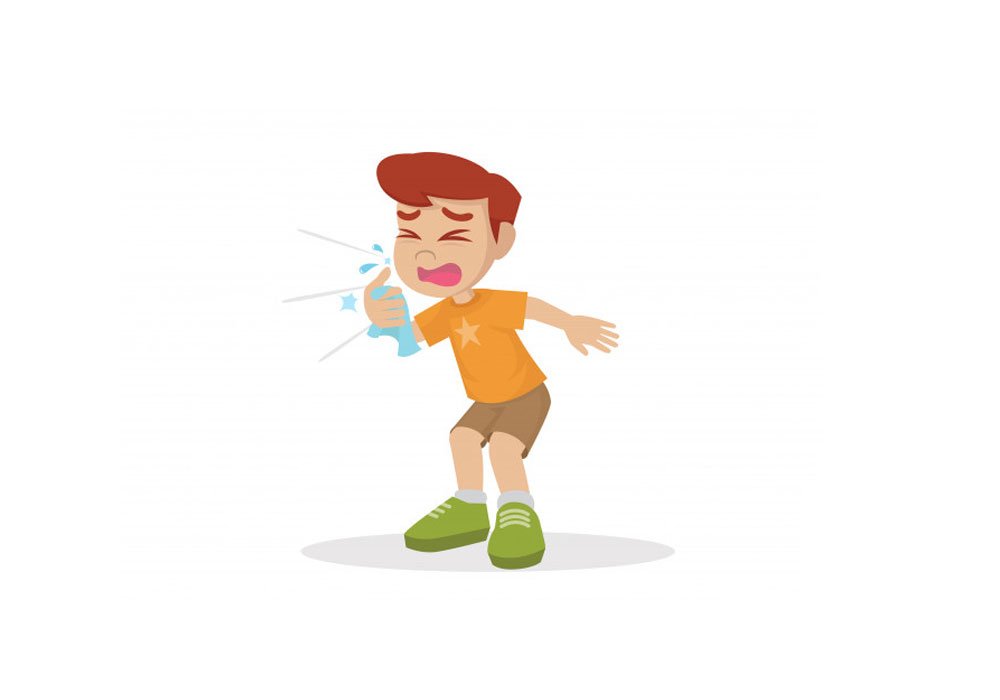SHARE
Allergic rhinitis is commonly known as hay fever. It is an inflammatory process of the nasal passages caused as the body’s reaction to certain allergens which are present in the air like pollen, dust, mold, animal dander, smoke, etc. Allergic rhinitis is a global health problem, affecting about 10-20% of the population. Despite its high prevalence, it is often left undiagnosed and untreated.
We can divide allergic rhinitis into 2 types – seasonal allergic rhinitis and perennial allergic rhinitis.
Seasonal allergic rhinitis is experienced during the spring and autumn months and is caused by pollen from grass, trees, etc. or mold spores present in the air.
Perennial allergic rhinitis can cause symptoms all through the year and the causes could be exposure to dust, animal dander, feathers, cockroaches, mold etc.
Some people may experience both types of allergic rhinitis, with the usual perennial kind of symptoms getting worse during certain seasons.
The most common symptoms include runny nose, sneezing and itching of the eyes, nose, throat, inside of ears etc. There is discharge from the back of the nose into the throat known as postnasal drip, which causes cough. There can be loss of smell also. The patient also has stuffy or blocked nose, due to which, they are forced to breathe through their mouth. This leads to sleeping with open mouth and difficult sleep causing fatigue and occasional headaches. Eyes are watery with or without redness. Sometimes ears also feel blocked.
Management of allergic rhinitis:
* Avoid triggers/allergens. If you have allergic rhinitis, avoid having pets at home. If you have a pet, wash your pet at least once a week and keep it out of your bed and furniture.
* Change the bedsheets and pillowcases every week and wash them in hot water.
* Use a mask when cleaning the house or riding a two-wheeler.
* Use synthetic material for your pillows and blankets.
* Keep your house dust and mold free by keeping the windows closed and by frequent vacuuming and cleaning. Keep the bathrooms dry after use.
* Let your home soak in all the sunlight it can as this prevents mold formation.
Homoeopathy and Allergic Rhinitis: Homoeopathy offers highly effective treatment for all kinds of allergies and allergic rhinitis responds beautifully to homoeopathic medicines. This is because Homoeopathy does not try to treat just the symptoms of allergic rhinitis. It works on the root cause of the allergy, i.e., the hypersensitivity or the hyperactivity of the immune system. Allergy is caused when the immune system hyper reacts after coming in contact with certain substances. It goes into a defensive mode against these otherwise harmless substances causing the typical afore-mentioned symptoms. Homoeopathic medicines help in repairing and reviving the immune system, correcting its hyperactivity and thus the body stops reacting abnormally to the very same allergens. Homoeopathic medicines do not cause any side effects and thus makes a good choice for children, pregnant women, and breastfeeding mothers.
Consult a qualified homeopathic practitioner who will decide the treatment regimen after a comprehensive case taking and say goodbye for ever to allergic rhinitis.
-Dr. Premsudha PV

